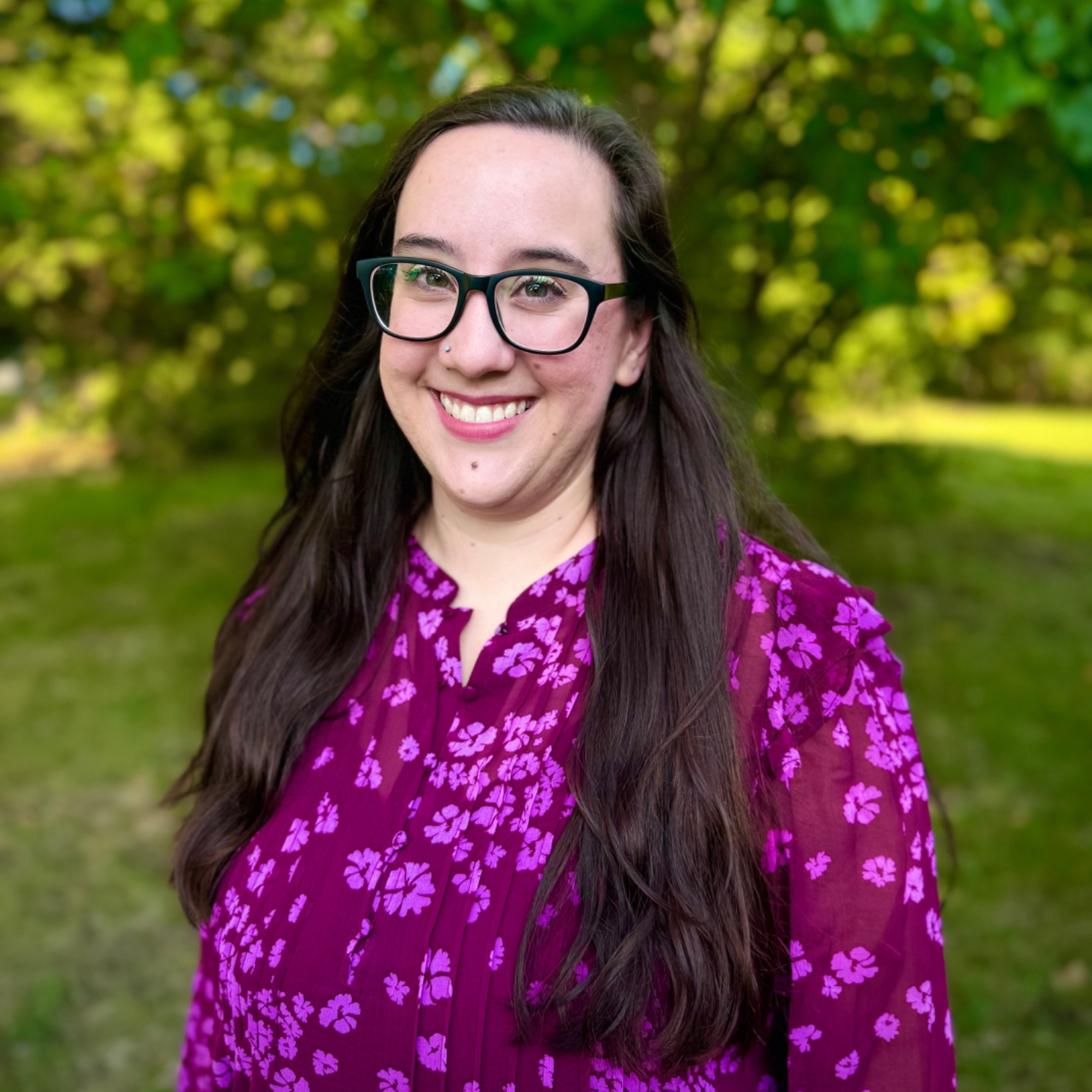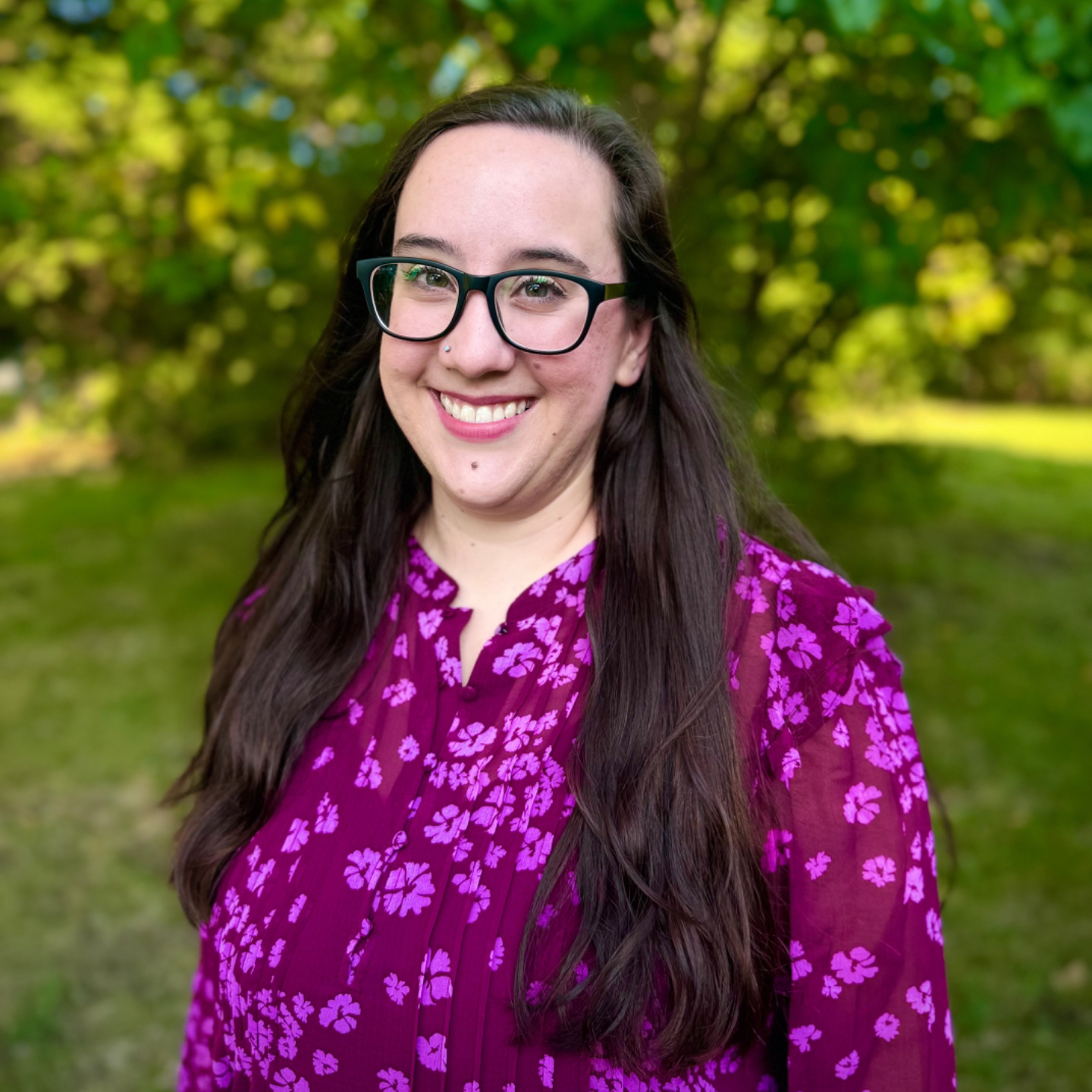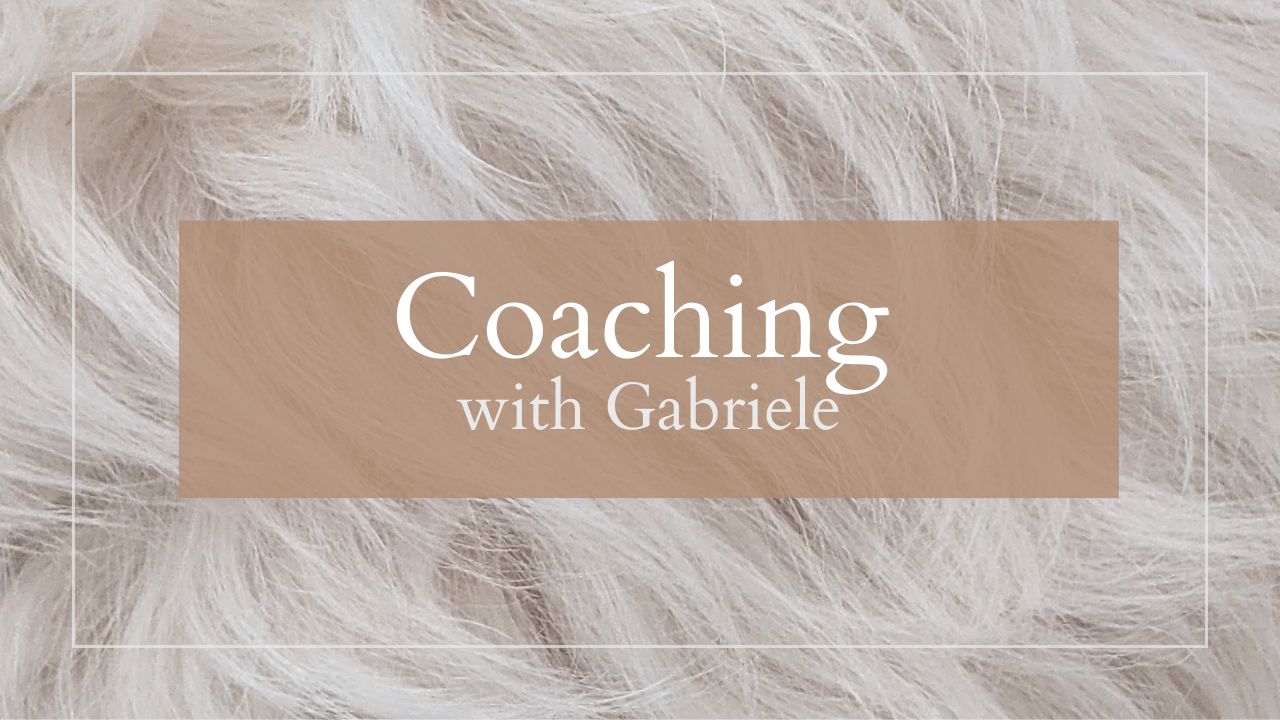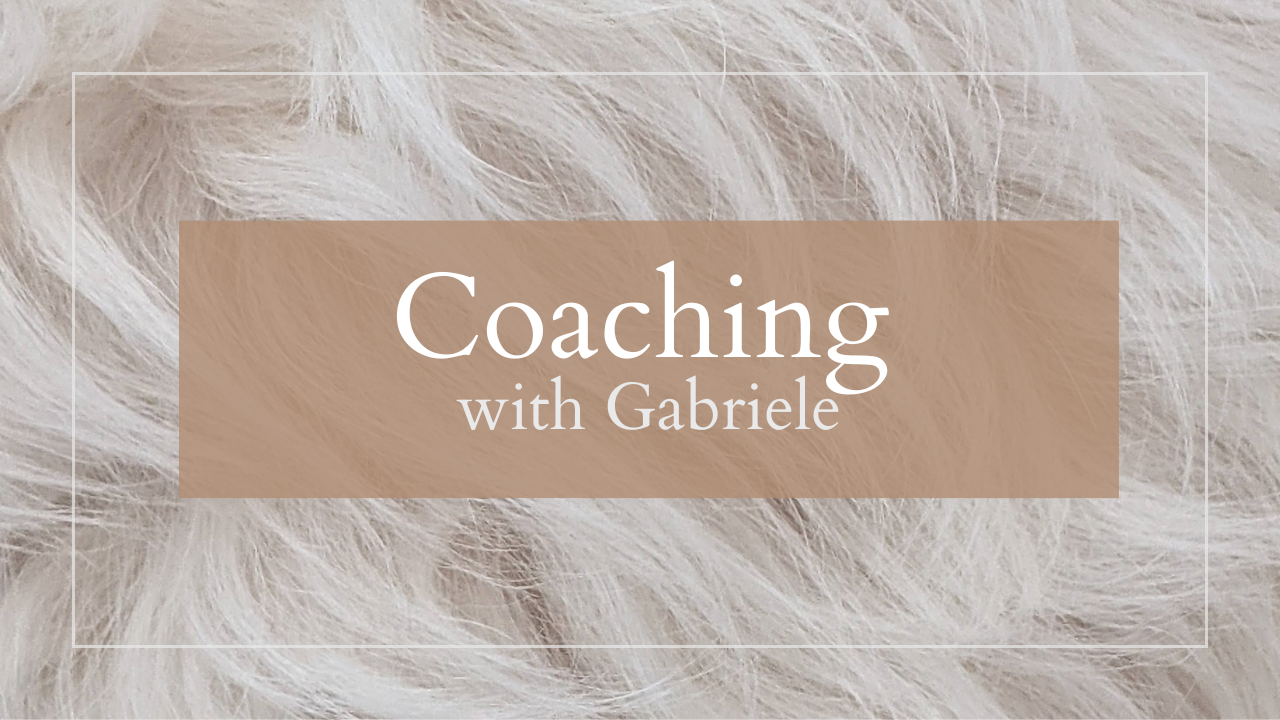Low Demand
Coaching
Individual Sessions & Packages Available
Discover how tailored coaching with our Low Demand Coaching Team can empower you and your family:
UNDERSTAND AND EMBRACE NEURODIVERSITY
Gain deep insights into your child’s unique neurodivergent profile, learning to work with their natural tendencies rather than against them.
SHIFT YOUR MINDSET
Move from managing behaviors to nurturing your child’s emotional and neurological well-being.
RESOLVE COMPLEX CHALLENGES
Receive wise guidance on navigating tricky family or school situations with confidence and compassion.
EFFECTIVE COMMUNICATION STRATEGIES
Learn how to communicate your child’s needs and your low demand parenting strategy effectively with family, schools, and health professionals.
A GENTLE AND SUPPORTIVE SPACE FOR YOU
Our coaching offers a safe, understanding environment for you to explore your own emotions and challenges as a caregiver. Co-parents are welcome to join coaching calls together or individually.
As Seen In




You’ll finally have the full support you need to turn
“get through” to “breakthrough.”
What We Offer:
Personalized Coaching
Each session is customized to meet the specific needs of your family. Whether you’re dealing with daily challenges or long-term strategies, our coaching is designed to adapt and evolve with your family’s journey.
Expertise in Neurodivergence
With a focus on autism, PDA, anxiety, and disability, our coaches bring a wealth of knowledge and personal experience to help you understand and support your child’s unique needs.
Support for Caregiver Burnout
We recognize the intense demands placed on caregivers. Our coaching offers strategies to help you come back to life, so you have enough inside to provide the intensive support your family needs.
Practical Resources and Tools
From practical worksheets to in-depth training videos, our coaching includes a variety of resources to reinforce your learning and application of low-demand strategies.
From Toddlers to Teens
Low demand is more about the strategy and the parenting approach than it is about a particular age or life-stage. This coaching will help if you're seeking support with toileting or transitions or social dynamics and school truancy.
“Amanda’s work helped me to see how I needed to care for MYSELF.
That I’m not broken, lazy, or incompetent — just different. If I could write a thousand testimonials for her, I would.”
— Lindsay B.
Keema Coaching Packages
MEET KEEMA.
Hi, I’m Keema.
I’m an author, musician, and sometimes stand-up comic making a mid-life pivot in support of my two incredible neurodiverse kids who are 8 and 5. Now I’m dropping demands left and right, and bringing my creative skills to parent coaching, where I specialize in supporting families with a PDA child or teen seeking clarity on low demand parenting as they pursue safety and ease in their household.
I’m neurodivergent by way of early childhood trauma, and I’ve always instinctively been a child-led parent. I believe every kid is a good kid worthy of safety, security, and belonging. That behind every behavior, there is a cause. Still, I struggled to find the root “why” beneath my youngest child’s arousal patterns. His nicknames as a toddler were The Screaming Goat and Destructobot, because of the path of high-volume destruction he left behind him as he tore through the house every waking minute that he wasn’t held or nursed.
I knew in my bones that my son’s behavior wasn’t a “toddler thing.” Not a phase, not a failure to understand the word “no” or follow rules, not caused by pandemic isolation or failed attachment, and not gendered (I heard all of that, and more). Still, three separate preschools said he couldn’t be autistic when I asked for an evaluation. “Look at his eye contact,” they said. “His incredible language skills, how deftly he manages himself on the playground when things are going his way!”
Eventually, I found a neurodiversity-affirming therapist who saw what I saw: a delightfully impish, wildly self-determined, highly sensory seeking child who’s escalating panic attacks after only 8 hours a week of Special Education preschool were impacting his basic needs. Especially sleeping, eating, and toileting. They recognized that he was still growing into his autistic traits, and that no amount of body doubling or gentle transitioning was enough to get my son through even two hours of preschool play without needing to come home and decompress by trying to break everything in sight. Toys, instruments, sister’s art projects, often just my arm.
In seven words that therapist saved all our lives: Autism with a Pathological Demand Avoidance profile.
What a life-changing thing it is to finally have language for our challenges after years of searching.
Despite our luck with that therapist and those seven words, my son went into autistic burnout two months later, at the end of his first full year of extremely part-time preschool. I couldn’t get the world on board fast enough to support him and the rest of my family, and I went into caregiver burnout right along with him. It was both easy to see that school wasn’t a fit, and hard to accept that school might never be a fit, and that I needed to drop my career and creative pursuits to keep him home for good. We’ve since healed from burnout together and found our way into a new groove that allows us to flex and grow while continuing to steer ourselves toward that safe, secure belonging.
I’m committed to helping other families find safety, security, and belonging, and to help you get your world on board to support you and your family much faster than I did. We can work together to better understand your child’s unique expression of PDA, collect data around your PDAer’s threshold of tolerance, walk through burnout and recovery for your child and you, identify your household’s stickiest demands and get creative about dropping them, craft declarative language scripts specific to your household, support siblings and partners, brainstorm cooperative and parallel play opportunities for engagement (yes, I can even give you a primer on Minecraft, Roblox and YouTuber speak if this is a challenging area for you), or create a practical bridge to invite family and caregivers into your PDAer’s world. This is also a safe space to grieve, connect, weigh your cost/benefit decisions, and wonder aloud. I welcome all neurotypes, genders, cultures and partners.

This is your ship. You point us where you want to go, and I’ll stir up a gentle wind and flowing seas to help you navigate these deep waters.
Invest in coaching with Keema
"Keema is an absolute gem. She knows PDA because she is living it every day, and this is the context in which I know her. Despite parenting in impossible circumstances, she remains a creative force who uses humor, wit, and practicality in her successful child interventions. She retains a positive attitude through in the toughest of circumstances. Keema has an intuitive knowledge of how to understand and engage PDA’ers in a way that feels gentle, affirming, and supportive. I would highly recommend her as a parent coach and mentor to all of my PDA families who are struggling. With Keema, families will be in skilled, safe hands."
Melissa Neff, psychologist and assessor
Sunita Coaching Packages
MEET SUNITA.
Hi, I’m Sunita.
I’m a late-diagnosed PDA, autistic, and ADHD adult raising wildly creative and fiercely independent children. My experience as a parent has been deeply shaped by my upbringing as the child of Indian immigrants, as well as my experience navigating the complexities of raising a neurodivergent family within a cross-cultural marriage.
Growing up in the South, I often struggled to navigate cultural, academic, and social dynamics as someone who didn’t look like my peers and often felt out of step with the expectations around me. We didn’t realize it then, but my family was often accommodating me in ways that helped me survive (and sometimes thrive), in all of these areas.
As an adult, my relationship with my family is closer than ever because we have worked together to better understand the many ways my neurodivergence shaped our interactions, my choices, and my coping skills. My mom is one of the most low demand grandmothers I’ve ever met, and I’m thrilled that we continue to learn from each other.
I know firsthand the unique tensions that can arise when cultural expectations, extended family dynamics, and faith intersect with the realities of parenting children whose needs don’t fit traditional molds.
As a new mom with a “difficult” child, I was constantly baffled. I struggled to understand the underlying reasons behind my child’s intense need for autonomy, resistance to everyday demands, and cycles of overwhelm. After we had another child who exhibited these same tendencies in wildly different ways (and couldn’t ignore the similarities between the two of us), I began to explore my own neurodivergence.
As I better understood myself, developed better skills for my own regulation and internal felt-safety, and made drastic shifts in our family’s pace of life and definition of success, I gained language and tools that have helped me to truly see my children and meet them where they are. It wasn’t just about strategies—it was about an entire mindset shift, a reimagining of what parenting, education, and daily life could look like in a way that prioritized safety, connection, and trust over compliance and expectation.
As a coach, I’m here to support families who are navigating the often-overwhelming world of raising PDA and neurodivergent children—especially those who are balancing these challenges within cross-cultural dynamics or faith-based settings. While my Christian faith is a cornerstone of my own journey and deeply informs my desire to love others well, my coaching approach is always gentle, accommodating, and safe for families of ALL backgrounds, beliefs, and brains. I've also completed the PDA North America Level 1 Certification.
Whether you’re seeking to understand your child’s unique PDA profile, untangle cultural or generational expectations, create a home environment that works for your family, or simply need a space to process the emotional weight of this journey, I’m here to walk alongside you.
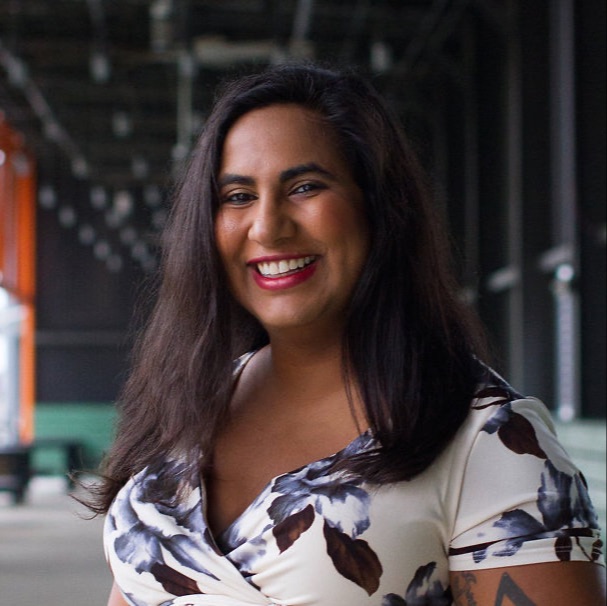
This is a space where you can ask hard questions, grieve, celebrate, and most importantly, find a way forward that honors both you and your child.
Invest in coaching with Sunita"Sunita was one of the first people I met who didn't seem to require me to justify or overexplain why my PDA kids and I (their probably PDA mom!) were having a rough time. Sunita speaks about both her own and her kids' PDA with compassion and clarity. When I attended a support group she led, her recommendations were grounded and practical. Because of her own background, she knows how to navigate different faith and cultural contexts, with plenty of room for people whose beliefs and experiences differ from her own. I wish more faith leaders understood neurodivergence -- especially PDA! -- the way Sunita does."
Alyssa, mom of 2
Gabriele Coaching Packages
MEET GABRIELE.
Hi, I’m Gabriele.
I’m a dreamer, artist, avid reader, deep feeler, and late-diagnosed AuDHD mom to three autistic children — ages 3, 4, and 5. Two of my kids have a PDA profile, and I’m finally in a phase of motherhood where I feel like I’m coming back to myself.
My parenting journey started with three children in 28 months during a global pandemic. The first few years were a blur of isolation, sensory overwhelm, and burnout. I often felt like I was failing — at parenting, at regulating myself, at keeping everyone safe. I blamed myself for everything: my complex PTSD, my children’s meltdowns and feeding struggles, their inability to tolerate one another, their aggression and sleep difficulties. I was convinced that my stress was harming them, and I carried that weight daily.
Eventually, I found language that changed everything. I learned that neurodivergence was more expansive than I had ever been taught — even with a degree in Psychology focused on Child Advocacy. As I dove deeper, I began to understand not only my children, but also myself. I realized that I wasn’t broken. We weren’t broken. We were just wired differently.
Life didn’t suddenly become easy, but it became more possible. I gave myself permission to accommodate my children and myself. We began to heal. I rediscovered my hobbies. I started setting boundaries. Our family redefined what mattered. Dinners at the table? Gone. Rigid hygiene expectations? Gone. Instead, we model and talk. We center emotional intelligence and build skills for self-accommodation. And I see it paying off — my children no longer assume other kids are “bad” when they’re having a hard time. They’re learning compassion because we’re living it.
I’m also working through the grief of not being able to give my kids the “perfect” childhood I once dreamed of — one without instability, loss, or chaos. But I’ve learned that healing doesn’t come from controlling every variable. It comes from compassion — for them, and for myself.
I still have hard days. I still get lonely. But I’ve built a community — and I want to be part of your community, too.
As a coach, I’m here to walk with you through the hard, messy, beautiful reality of parenting autistic and PDA children — especially when you feel like no one else gets it.
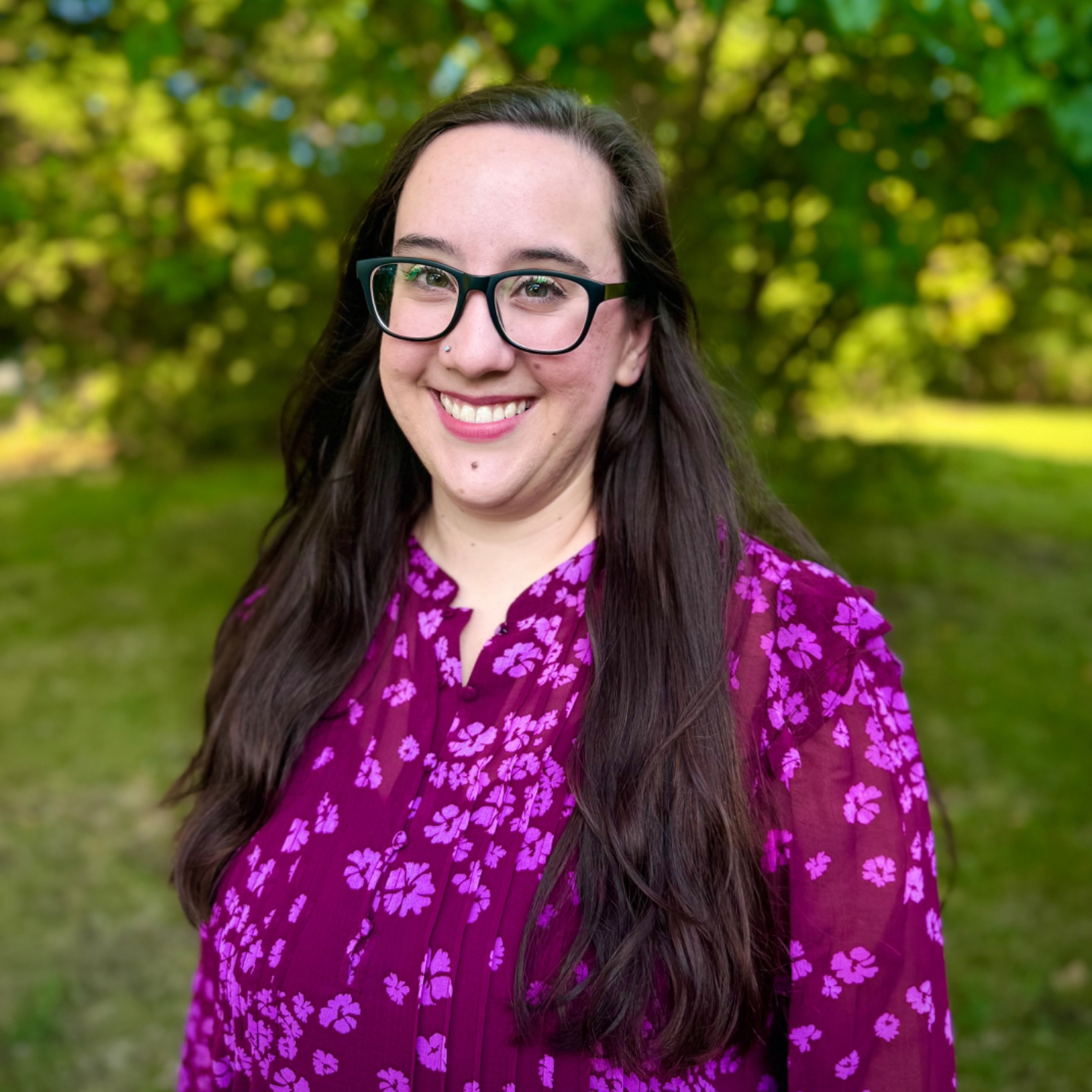
I offer a safe space to be fully yourself, to grieve, to problem-solve, and to rediscover your own needs and worth. I welcome all neurotypes, genders, orientations, and cultures. You don’t have to carry this alone anymore.
Invest in coaching with GabrieleCoaching Specifics
Duration: Each individual session lasts 45-minutes. The Deep Waters Package spans over three months, offering a structured yet flexible timeline that fits into your family's life.
-
Pricing: Individual sessions are $150/session. The comprehensive Deep Waters Package is $997, spread over three monthly payments, which is 25% off the price of buying the sessions a la carte.
-
NDIS/Grants: Invoices for NDIS funding for Australian participants is available! If you have access to private, governmental, or grant funds, and we can help submit documentation, please let us know! Email [email protected].
-
Accessibility: Each session is conducted on a private portal, ensuring confidentiality and comfort from your own home.
-
Flexibility: Sessions are designed to adapt to the evolving needs of your family, making every meeting relevant and impactful.
-
Supportive Materials: You will have access to session notes and exclusive resources that complement your coaching experience.
-
Parenting Partners: We honor all types of families and welcome co-parents and parenting partners to join calls together.
But maybe you're still wondering...
FAQS
What’s parenting coaching all about, and how can it really help me?
What makes your coaching approach unique?
How do these coaching sessions work?
What will I actually get out of these coaching sessions?
How do I know if parenting coaching is a good fit for us?
“Our turning point is not when we hit rock bottom.
It’s when we stop suffering in silence.”




